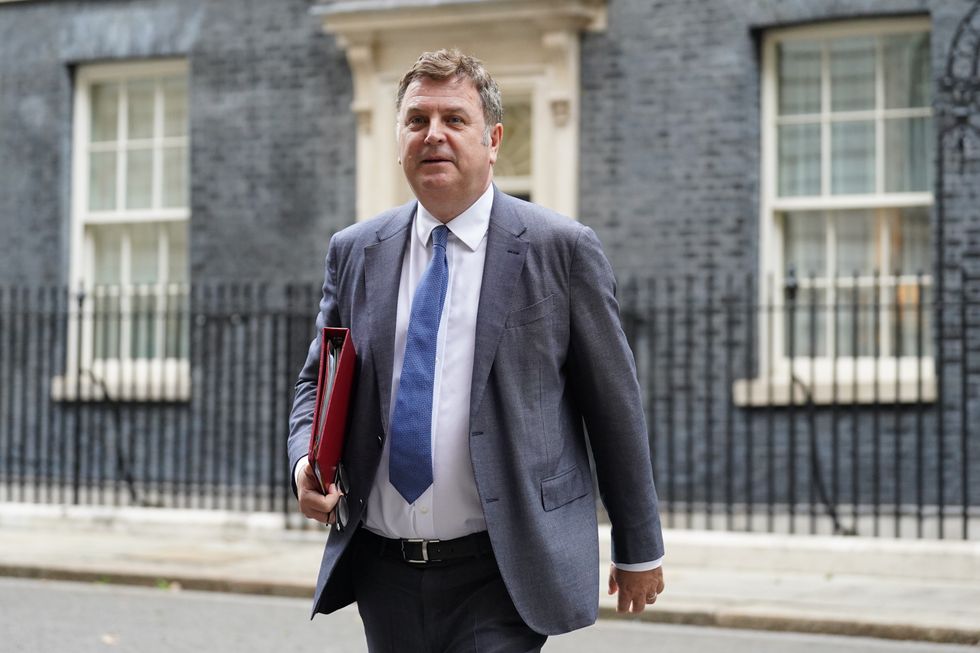How much will state pension rise by in 2024? Final part of triple lock to be released this week
The state pension is expected to rise by 8.5 per cent under the triple lock in April 2024
Another significant increase is expected in April 2024 after a double-digit rise of 10.1 per cent under the state pension triple lock in 2023
Don't Miss
Most Read
Trending on GB News
Pensioners will find out if they could get an increase of more than 8.5 per cent under the triple lock this week, as the final figure typically used in the mechanism will be released.
The Office for National Statistics will publish the inflation figure that’s typically used for the triple lock on Wednesday, but it’s expected that it won’t exceed the earnings element – which at 8.5 per cent, was the highest figure on record outside of the coronavirus pandemic.
The Consumer Prices Index (CPI) inflation figure to September is typically used in the triple lock, but with the figure having fallen in recent months -most recently easing by 6.7 per cent, down from 6.8 per cent in July – it’s not expected to exceed 8.5 per cent.
Becky O’Connor, Director of Public Affairs at PensionBee, said: “For pensioners, it looks almost a dead cert that the state pension is set to rise in line with earnings rather than inflation next April, as the triple lock dictates that it increases with whichever is the highest of earnings, inflation or 2.5 per cent.

Work and Pensions Secretary Mel Stride will conduct his statutory annual review of benefits and state pensions in the autumn, the DWP said
PA
“That’s unless the Government chooses to break or manipulate the lock to make the rise more manageable to the public purse.”
How much could the state pension be from April 2024?
If the 8.5 per cent measure was used, it would mean that if the government sticks to its triple lock commitment, pensioners on the full new state pension could get an extra £17.35 a week – or £902.20 a year.
The full basic state pension would rise by £13.30 per week, or £691.60 per year.
However, the Government is reportedly considering excluding bonuses from the average earnings calculation, meaning the earnings element would instead be 7.8 per cent, according to the Financial Times.
This would remove one-off payments made to NHS staff and civil servants this summer to help settle pay disputes.
If the earnings measure excluding bonuses were used, and state pensions increased by 7.8 per cent, the full new state pension would rise by £15.90 per week – equivalent to £826.80 a year.
The full basic state pension would increase by £12.20 per week – an annual uplift of £634.40.
The lower measure of earnings would save the Treasury an estimated £900million over the 2024/25 financial year, according to a report published by the House of Commons Library.
Do you have a pension question you'd like a financial expert to answer? Share your query by emailing the money team at money@gbnews.co.uk.
LATEST DEVELOPMENTS:
The Government will make an announcement on state pension uprating after the statutory annual review of benefit rates this autumn.
There are growing concerns about the affordability of the triple lock, a commitment to increase the state pension by the highest out of earnings, inflation and 2.5 per cent.
A DWP spokesperson said: “The Government is committed to the triple lock.
“As is the usual process, the Secretary of State will conduct his statutory annual review of benefits and state pensions in the autumn, using the most recent data available.”








